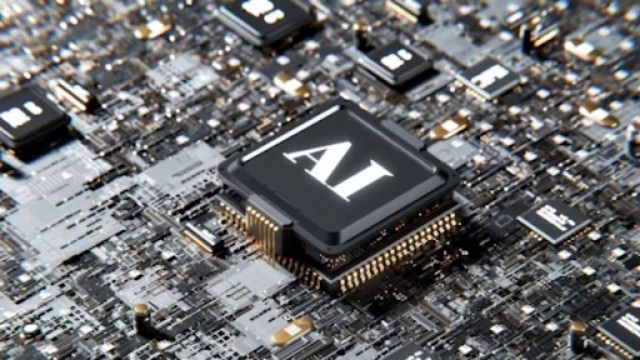
Nvidia, once mainly known for making graphics chips for video games, has now become the leading maker of chips used in the booming AI industry, especially since the release of ChatGPT in 2022. (Image: Unsplash)
Nvidia has announced it will start selling its advanced chip-linking technology, aiming to improve how artificial intelligence (AI) systems work by making chip communication faster and more efficient.
On Monday, during the Computex AI exhibition in Taipei, Nvidia unveiled an upgraded version of its NVLink technology called NVLink Fusion. This tech is designed to connect multiple chips together to improve how they talk to one another — a key requirement for building high-performance AI tools.
Unlike before, Nvidia won’t be keeping this technology to itself. It plans to sell NVLink Fusion to other chip manufacturers. Companies like Marvell Technology and MediaTek have already signed on to use it in their custom chip designs.
NVLink isn't new. Nvidia has been using earlier versions of it to transfer large amounts of data between its own chips. For instance, the GB200 setup uses NVLink to connect two of Nvidia’s powerful Blackwell graphics processors with a Grace CPU. But this new version—Fusion—is built to serve the rising demands of AI developers across the industry.
Nvidia CEO Jensen Huang introduced this new offering during a keynote speech at the Taipei Music Center. The event was packed, part of the annual Computex expo running from May 20 to 23. Huang used this platform not just to talk about products, but also to reflect on how far Nvidia has come.
In the early days, Nvidia focused almost entirely on making graphics cards for gamers. But things have changed. Since the AI boom began with ChatGPT's release in 2022, Nvidia has transformed into a global powerhouse in AI hardware. Its chips now form the backbone of many leading AI models and applications.
During his speech, Huang also shared Nvidia’s long-term vision. The company is now designing CPUs based on Arm Holdings' architecture to run Microsoft’s Windows operating system, aiming to compete more broadly in the computing world.
Another major announcement from the event was Nvidia’s plan to open a new headquarters in northern Taipei, strengthening its presence in Asia.
This year’s Computex is also significant for the tech industry as it marks the first major gathering of chip and computer firms in Asia since earlier trade tensions with the U.S. created uncertainty around global production.
Jensen Huang, known for drawing large crowds, made headlines last year when his visit to Computex sparked what many called "Jensanity." The excitement hasn’t faded. At the event, he revealed the company’s latest roadmap of AI chips, including:
- Blackwell Ultra, expected later this year
- Rubin chips, which will follow
- Feynman processors, arriving by 2028
Additionally, Nvidia introduced DGX Spark, a desktop computer equipped with AI chips, made for researchers. Huang confirmed that it’s now fully in production and will hit the market in just a few weeks.















